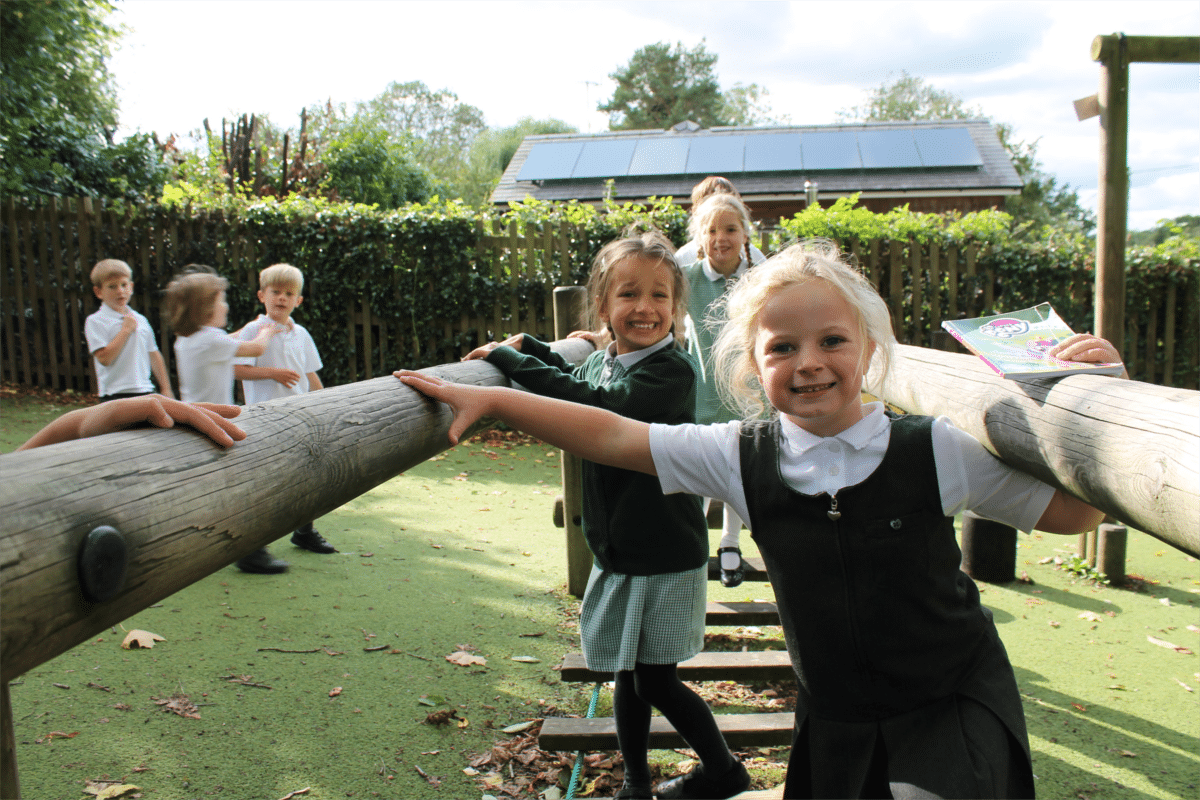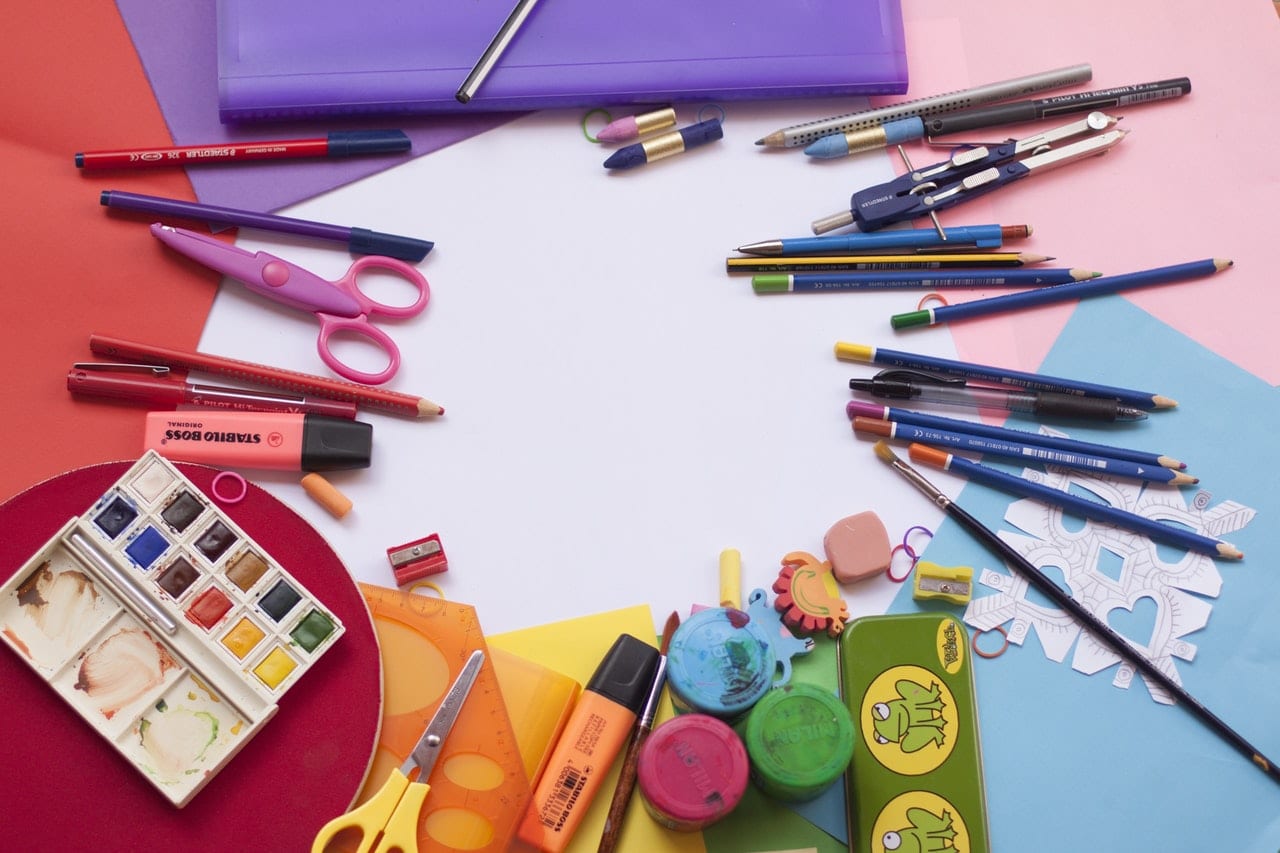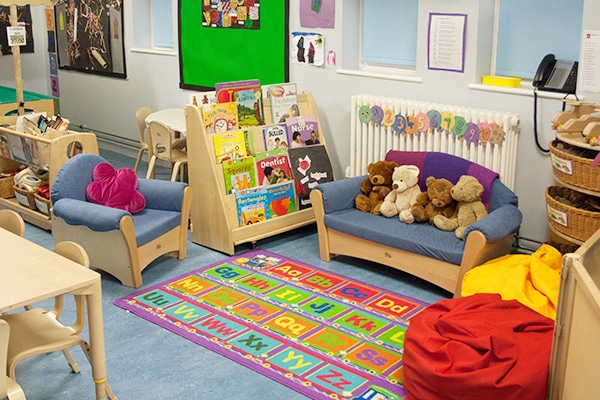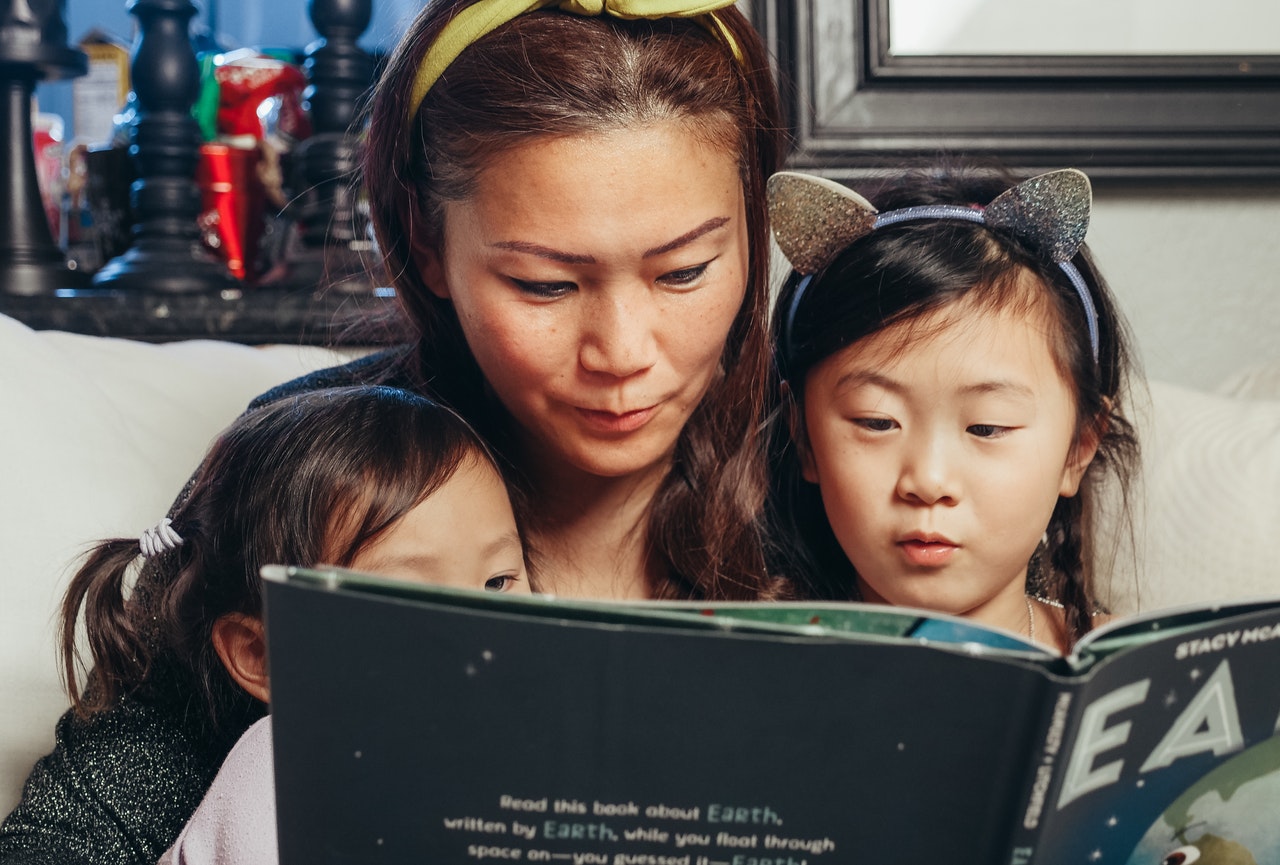The EYFS Framework exists to support all professionals working in the EYFS to help your child and was developed with a number of early years experts and parents.
In September 2021, a new framework was launched to make it clearer and easier to use, with more focus on the things that matter most.
The framework:
- Sets out the standards that all early years providers must meet to ensure that children learn and develop well.
- Ensures children are kept healthy and safe.
- Ensures that children have the knowledge and skills they need to start school.
There is also guidance for the professionals supporting your child on planning the learning activities and observing and assessing what and how your child is learning and developing.



